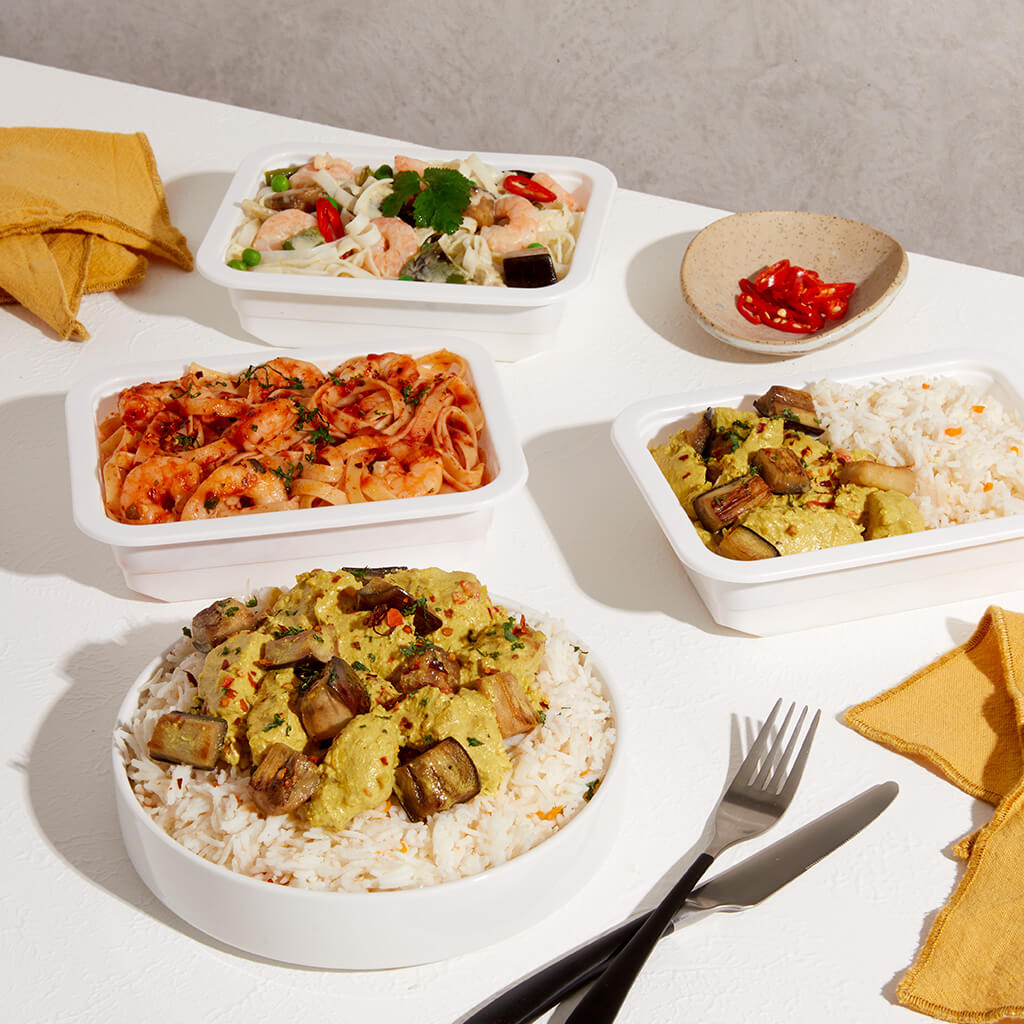Adjusting your diet on rest days versus training days is essential to support your body's varying needs. Your hunger levels can vary, so listen to your hunger and fullness cues and adjust your intake as needed. However, on rest days, your energy expenditure is lower, so you may find you want to naturally reduce your carbohydrate intake slightly. Focus on consuming complex carbs from vegetables, legumes, and whole grains, which provide sustained energy and essential nutrients without excess calories. Maintaining your protein intake is crucial on rest days to support muscle repair and maintenance. Continue eating lean proteins such as chicken, fish, tofu, and beans, which help your muscles recover and prepare for your next workout.
Healthy fats should also be part of your rest day diet, as they support overall health and can help with satiety. Include sources like avocados, nuts, seeds, and olive oil. Your overall caloric intake might be slightly reduced to reflect the lower energy expenditure, but it's important to ensure you're still consuming enough to support recovery and prevent muscle loss.
On training days, you need to increase your carbohydrate intake to fuel your workouts. Incorporate complex carbs into your meals and add simple carbs pre- and post-workout for quick energy and glycogen replenishment. Maintain or slightly increase your protein intake to support muscle repair and growth. Staying well-hydrated is crucial on training days, so drink plenty of water throughout the day, adjusting for sweat loss during workouts.









